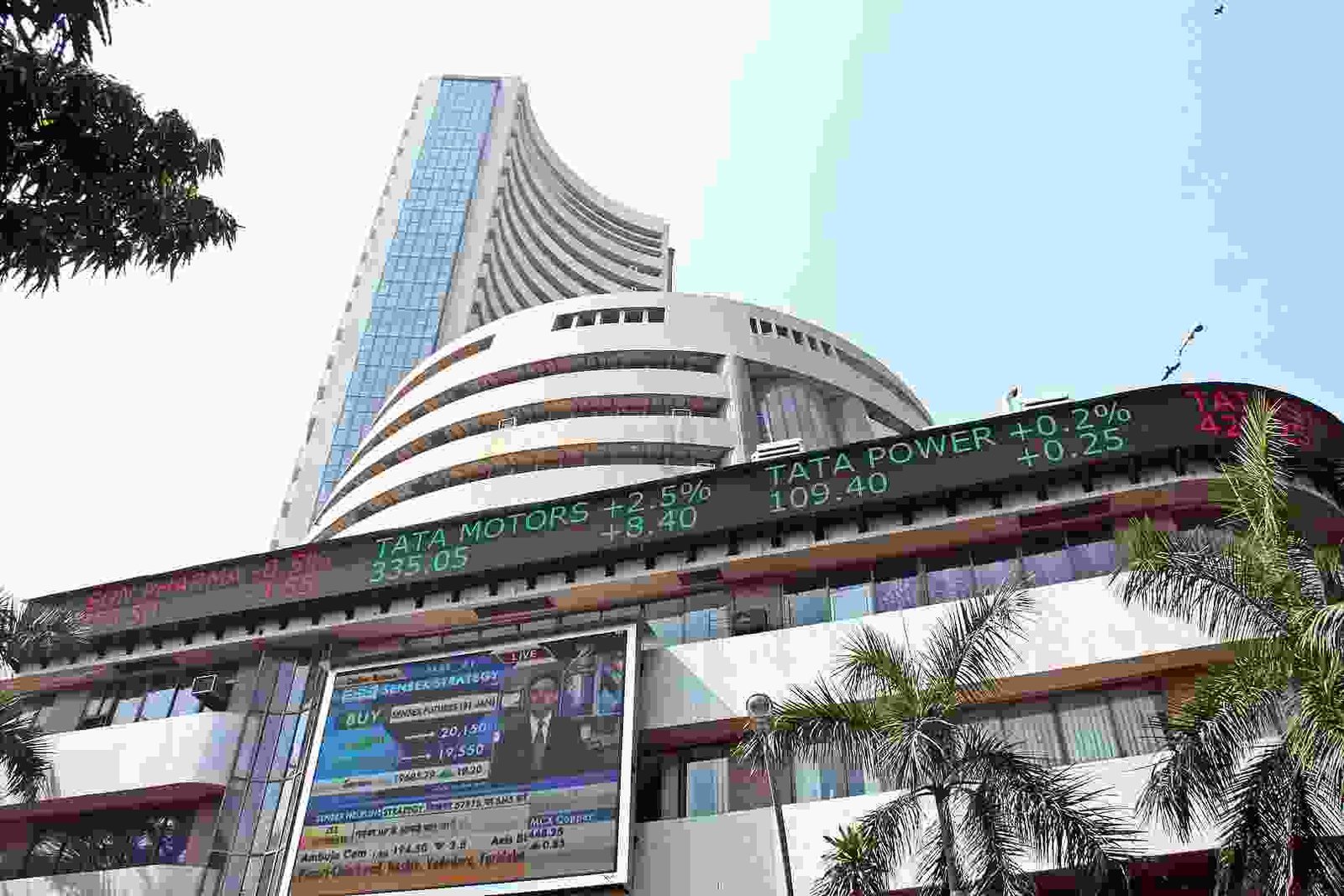Key Highlights
BSE Ltd, India’s oldest stock exchange, is making efforts to revive its stagnant derivatives segment. In a recent press conference in Mumbai on May 15, the Managing Director and CEO, Sundararaman Ramamurthy, announced the relaunch of the Sensex and Bankex futures and options (F&O) contracts with some modifications.
BSE on May 15 relaunched its derivative products based on Sensex and Bankex. The exchange reduced the lot size and changed the expiry day for its futures and option (F&O) contracts.
To attract more participation, BSE has reduced the lot sizes and introduced different expiry dates for these contracts. Specifically, the lot size for F&O contracts of the Sensex has been decreased from 15 to 10 lots, while for the Bankex index, it has been reduced from 20 to 15 lots. Additionally, the expiry date for both indices’ contracts has been shifted from Thursdays to Fridays.
These changes will apply to the monthly, weekly, and long-dated contracts offered by BSE, as they strive to rejuvenate the derivatives segment and generate renewed interest from traders and investors.
According to a statement released by BSE, they have outlined the availability of futures and option contracts for the Sensex and Bankex indices. The stock exchange mentioned that there will always be seven weekly and three monthly futures contracts for both Sensex and Bankex.
In terms of options, there will be seven weekly and three monthly option contracts specifically for Bankex. However, for the Sensex, there will be seven weekly, three monthly, three quarterly, and eight semi-annual option contracts.
This range of contracts aims to provide traders and investors with a variety of options to choose from, allowing them to customize their investment strategies based on different time horizons and market conditions.
BSE’s take on the indices
BSE acknowledges that the Sensex and Bankex indices are more prone to volatility compared to the Nifty and Bank Nifty indices. However, it is worth noting that both sets of indices display a remarkably high correlation of 99.9 percent.
Interestingly, BSE was the pioneer in introducing equity derivatives in India back in June 2000, launching them three days prior to NSE. However, various challenges, including a stock market scam, hindered BSE from capitalizing on the advantages of its early entry into the derivatives market.
Challenging the notion that the BSE SME exchange’s low volatility is leading to obvious price manipulation, Ramamurthy expressed that price manipulation can occur even in a highly liquid exchange.
BSE is confident that maintaining a Friday expiry for its options contracts will appeal to traders who prefer trading options that expire on the same day or those who want to engage in the Monday-Friday settlement cycle. This strategy could be effective to some degree. However, there is a potential risk that NSE, the National Stock Exchange, might decide to shift the expiry of either Nifty Bank or Nifty to Friday in the future if it perceives a threat from BSE’s weekly options.
BSE’s approach is aimed at attracting traders who have specific preferences for options expiry dates and settlement cycles. While it may attract a certain segment of traders, the risk remains that NSE, as a dominant exchange, may take steps to maintain its position and respond to the competition posed by BSE’s weekly options.
If BSE’s strategy to introduce new options products proves successful, it could potentially stimulate innovation from market leader NSE as well. This would contribute to the expansion and enhancement of India’s equity derivatives market. However, it remains uncertain whether BSE will achieve its desired outcome in this latest initiative.



